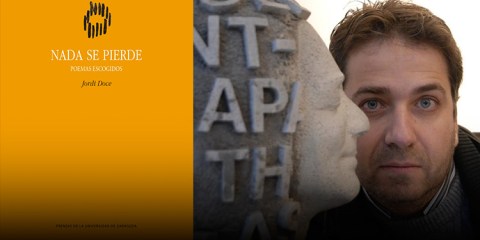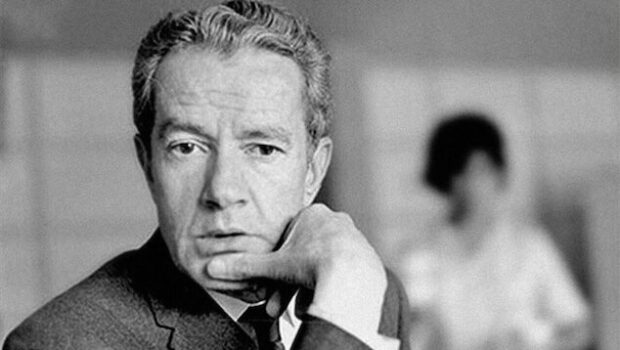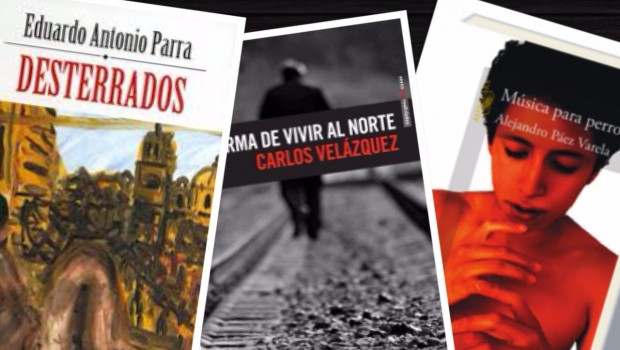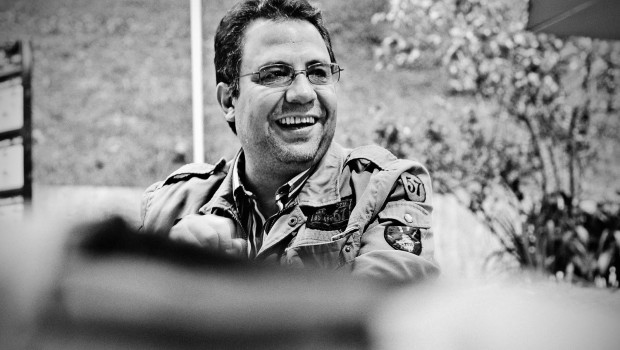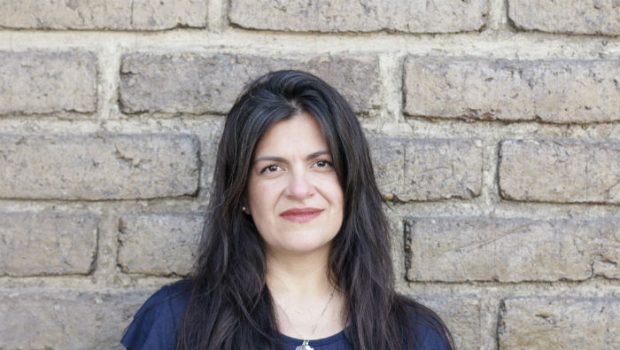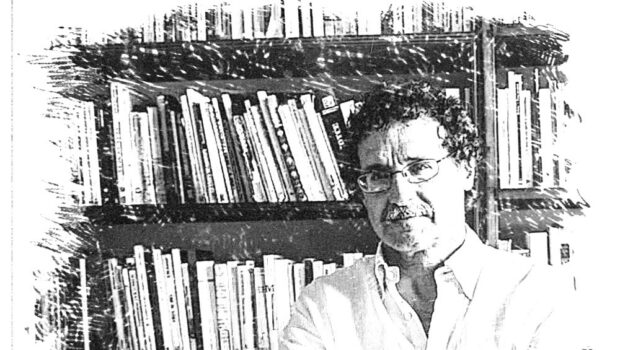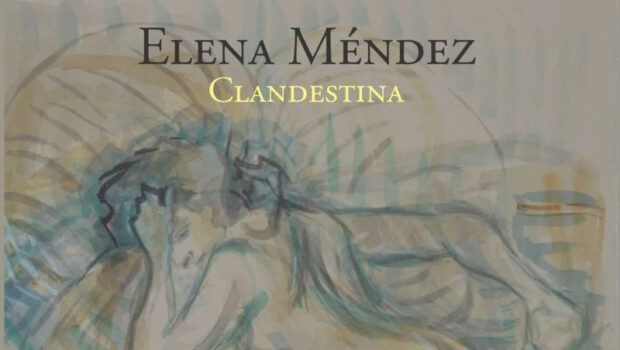Against Borders
Chip Livingstone
 Robert L. Giron (Ed.)
Robert L. Giron (Ed.)
Poetic Voices Without Borders 2,
Gival Press, Washington D.C, 2009.
“The fence behind your house / is the zero border,” writes Martha Collins, but it’s “Hasta luego and over you go,” thus encapsulating the experience of the reader and many of the poets defining, challenging, and redefi ning the idea of borders in the multicultural, multilingual anthology Poetic Voices Without Borders 2 by Gival Press.
“We open our eyes to fi nd ourselves out the back door,” writes Nina Corwin, and Peter Klappert asks, as “citizens of the one country / whose borders are an endless ringing out of circles / … / what are we if not emigrants.”
These poets, among 150 others included in this collection encompassing nearly 300 poems, erect and dismantle borders in lingual, cultural, national, and personal terms.
“You live on this planet, / you live among people,” Piotr Gwiazda tells us, but Joy Harjo warns, “You’ll have no exact address in the mess of humanness.” Alicia Gaspar de Alba’s experience is: “You moved the margins to the middle / the border to the cordillera of my own spine / and taught me what it means to be a fronteriza.”
For Gunilla Theander Kester, the border is the “Immigration Interview,” which can “translate myself from foreign student / to immigrant, to citizen”; and Richard Peabody sees the border as an RNC security clearance questionnaire. Kathryn Kirkpatrick suggests the border is the “closed office doors” behind which “some sleight of hand is done” that nooses children “on the reservation in Brazil,” the word “reservation” itself echoing artificial restriction.
Other poets in the anthology treat the body as the border–whether one to be explored, like in J.E. Robinson’s “Ecstasy” or Benito Pastoriza Iyodo’s “[el impulso sexual vestido de fiera]”–or as a border violated, exampled by Carolyn Kreiter-Foronda’s “Green-Eyed Mexican Boy: Little Brother # 1” and Stephen S. Mills’s “Iranian Boys Hanged for Sodomy, July 2005.”
In Barbara Louise Ungar’s poem “Labor,” the border is the body in childbirth, and poets such as Bruce Lader offer the human body as a border transcended beyond death, “the soul cut loose / from earthly limits.”
This desire to cross boundaries, to transform and eradicate them–“as if to say that within literature there isn’t a border for the human spirit”–is the commonality narrowing this wide arc to its flexible focus, and the stated goal of editor Robert L. Giron in his introduction.
Further defying traditional boundaries by sequencing the poems alphabetically by title, Giron invites multiple, and different kinds of, readings, all the while seamlessly directing a chorus that characterizes a planet’s multitude of voices.
With appointed sections of English-, Frenchand Spanish-language poetry, the anthology bridges the challenges of communicating in different tongues, offering some of these works in translation, as well as poems, such as those by Marta López-Luaces, which speak to the specifi c act of translation itself.
The poets collected launch “a global campaign,” as Mark Saba writes. And Isaac Goldenburg reminds, “the wall that divides human from human / doesn’t know how to break down by itself.”
Poetic Voices Without Borders 2 is a tool to affect passage through these arbitrary boundaries. It is a literary passport for traveling beyond imposed limits, and one to keep close for handy reference, for as Collins assures us, “You crossed the border hours ago.”
Posted: April 19, 2012 at 4:59 pm



